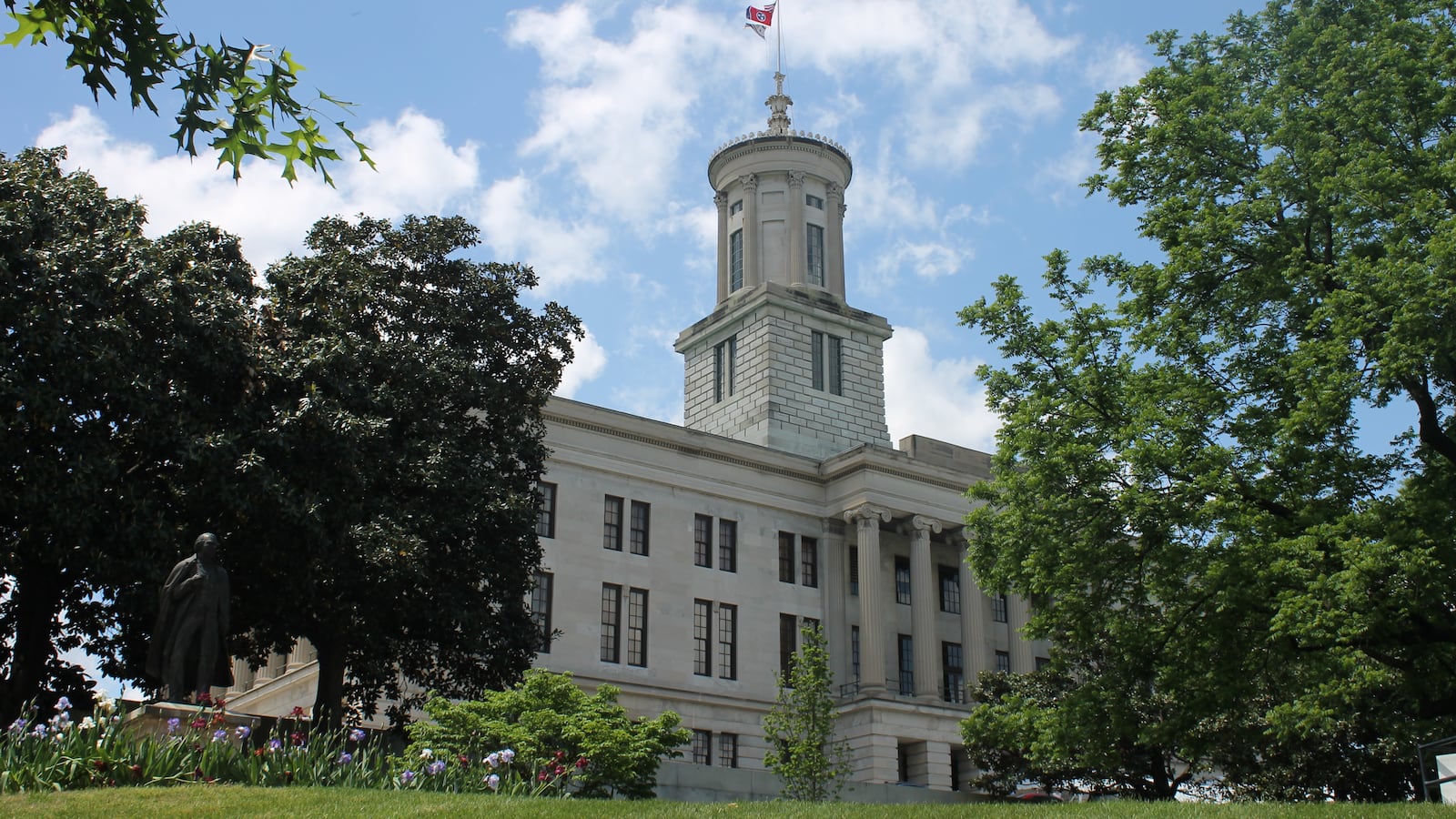Gov. Bill Lee’s administration is backing off of its proposal to bypass local school boards by creating a new state commission to authorize charter schools, says the legislator who’s carrying the legislation.
The Republican governor still wants the new charter entity; but now he’s open to limiting its power to hearing charter school appeals that could lead to state authorization, similar to the current role of the Tennessee Board of Education, according to Rep. Mark White of Memphis.
The changes came over the weekend after school boards and other district leaders contacted their legislators to express outrage about any measure that would circumvent local education control.
White, a Republican who chairs the House Education Committee, said he plans to bring a revised proposal before his committee on Wednesday.
“In effect, we’re going back to the way we’re currently doing business, only we’re setting up a separate commission,” said White, whose co-sponsor is Sen. Brian Kelsey of Germantown.
The change is a major concession from Lee, who pledged to give parents more education choices for their children when he ran for office. Saying he wants to open more high-quality charters and close low-performing ones, the governor originally proposed to let the new state commission authorize charter schools anywhere in Tennessee, enabling operators to skip local school boards that currently have that authority.
But several lawmakers pushed back on that approach last week as the legislation got its first public hearing in a House subcommittee, and local leaders joined in the outcry. Critics said the measure was at odds with the time-honored value of local education control.
Under the revised proposal, members of the nine-member commission would be appointed by the governor and confirmed by the legislature to hear appeals of charter school denials from local school boards. The commission also would hire a director of schools — and a staff — to oversee charter schools that could open under the commission as part of the appellate process. Currently under that same model, the state board oversees two KIPP charter schools in Nashville and one school in Memphis that was opened in 2017 by the Green Dot charter group. Responsibility for those schools would be moved to the commission.
“When we put this responsibility on the state board, they were never designed for this,” said White, noting that the 11-member state board has significant responsibilities to oversee teacher licensure and a wide array of state policies with a small staff.
Revisions to the governor’s proposal were welcomed by school board members in Memphis, which already is home to more than 50 locally authorized charter schools, even as several applicants have appealed their denials to the state.
“When you bypass local government, you take all the intellectual capital we bring to this process in knowing what our community needs,” said Shante Avant, who chairs the board for Shelby County Schools.
Lee also proposes to invest $12 million in a state fund to help charter schools offset the high cost of school facilities and campuses. For the past two years, the state has set aside $6 million for that purpose.
Chalkbeat reporter Laura Faith Kebede contributed to this report.

